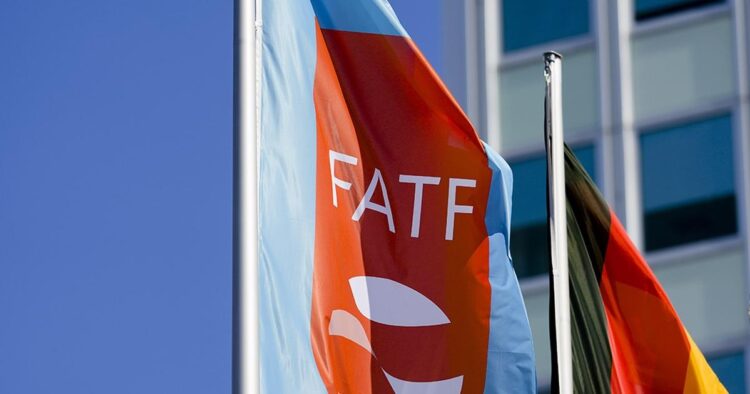On Thursday, the global money laundering and terror financing watchdog Financial Action Task Force (FATF) came up with the Mutual Evaluation Report for India. India even after getting comfort from being placed in the regular follow-up category, the FATF told certain areas for improvement such as the need to strengthen prosecution in money laundering (ML) and terror financing (TF) cases, protecting the non-profit sector from terrorist abuse, and supervision and implementation of preventive measures.
Notably, the FATF is the global money laundering and terrorist financing watchdog. It’s a Paris-based intergovernmental organisation which was formed in 1989 as a G7 initiative so as to examine and develop the measures to tackle money laundering. The FATF expanded its mandate to also combat terrorist financing in 2001. The FATF, a 40-member body, has come up with a framework of measures to assist countries tackle illicit financial flows. These are listed as 40 Recommendations that are divided into seven distinct areas: (1) AML/CFT Policies and coordination, (2) Money laundering and confiscation, (3) Terrorist financing and financing of proliferation, (4) Preventive measures, (5) Transparency and beneficial ownership of legal persons and arrangements, (6) Powers and responsibilities of competent authorities and other institutional measures, (7) International cooperation.
In 2020, India became a member of FATF in 2020. The FATF had undertaken an evaluation for India in June 2010. Then, India was placed in the regular follow-up category, but was removed after a follow-up report in June 2013. The next round of mutual evaluation had been postponed to 2023, due to the pandemic and also the pause in the FATF’s assessment process. India’s onsite assessment by FATF occurred in November 2023, while the assessment came up for discussion in the plenary discussion in June 2024.
The FATF monitors countries to make sure that they implement the FATF standards effectively. FATF mutual evaluations deep country reports that analyse the implementation and effectiveness of measures taken against money laundering, terrorist and the proliferation financing. The regular follow-up ranking is seen as an outcome by New Delhi, as some developed countries had raised objections. A government official said, ‘Some developed countries said that the responsibility of disclosing details of beneficial ownership is with the companies. We replied by saying that there are systems to identify investments coming from tax havens’.
In its report, the FATF said sources of money laundering in India starts from within, and the country faces terrorism threats from regional insurgencies in the Northeast and North, and Left-Wing Extremist groups. The most significant terror threats seem to be related to the Islamic State or al-Qaeda linked groups active in and around Jammu and Kashmir. India’s biggest money laundering risks are related to fraud including cyber-enabled fraud, corruption and drug trafficking. The FATF enlisted many areas for improvement: limited number of prosecutions and convictions, risk-profiling of customers of financial institutions, monitoring of the Ministry of Corporate Affairs (MCA) registry for availability of accurate owner information, and the link between money laundering and human trafficking.
“ALSO READ: India Facing Serious, Disparate Terror Threats From ISIL, Al Qaeda, Says FATF”

















Comments